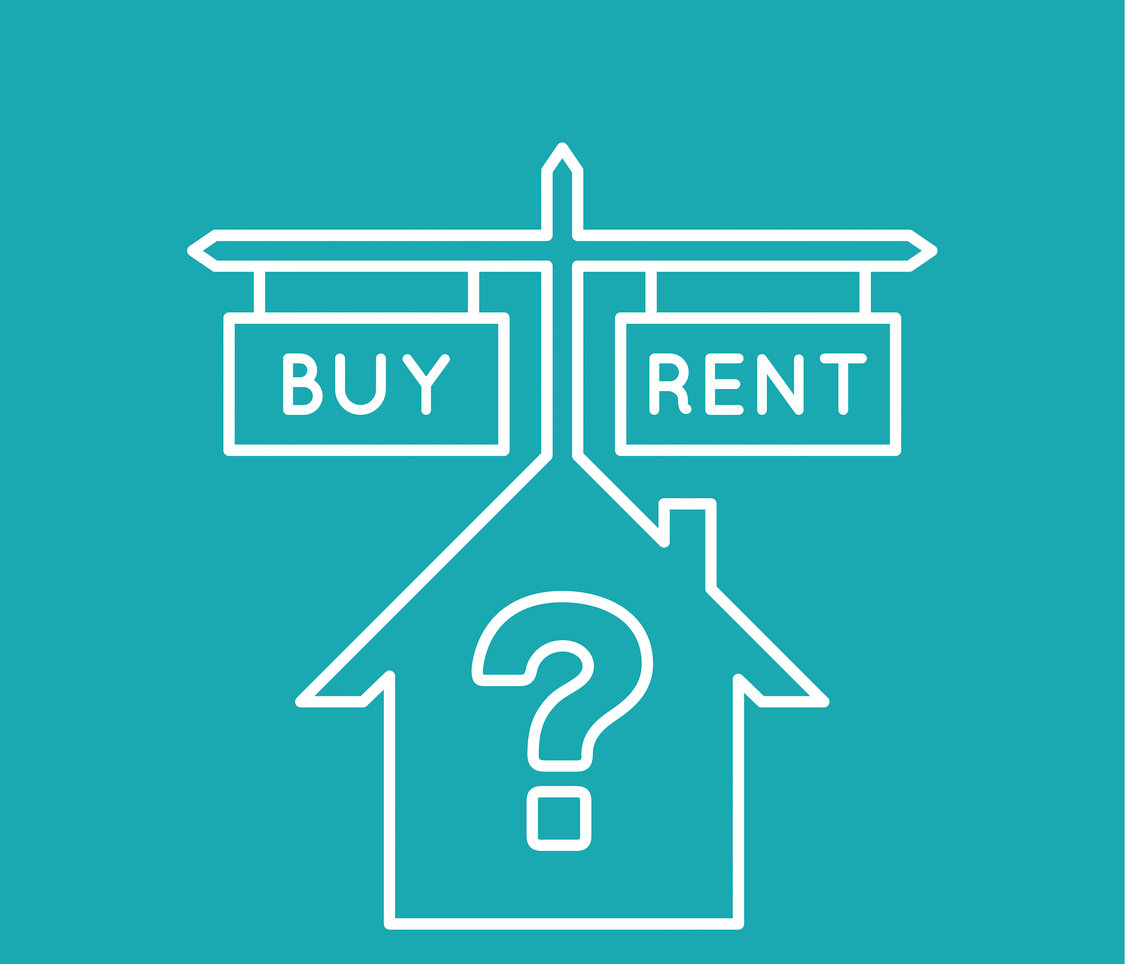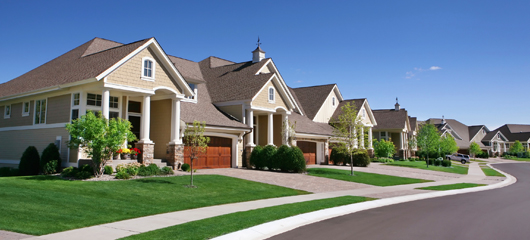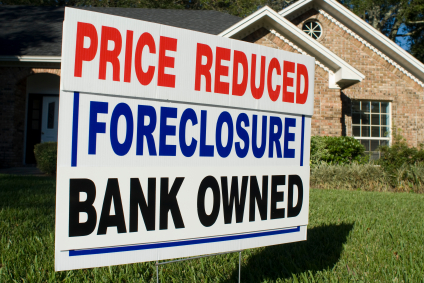Should you Rent or Buy a property in Toronto
Should you rent or buy a property in Toronto?
To rent or buy is a question, which can be answered in many different ways. The end results can either depend on your particular situation or you can just listen to the math. There are pros and cons for both choices but if you are here reading this, one thing is clear – you are in the market to buy your own house in Toronto. How did i know this? Easy, you are either living with someone or are renting at the moment, now you want to know what is better, rent or buy?
There is no question, buying a house is the biggest item on anyone’s wishlist. Every Canadian sooner or later would like to purchase their own home. My grandmother used to say, “A man without land is no man” and this conventional wisdom of buying property actually holds true with most. let’s face it, unless you live in Dubai, we are not making any more land.
I recently read an article on Globalnews, where Moshe Milevsky, an associate professor at the Schulich School of Business at York University, who suggests for you to ask 4 questions before you decide to buy or rent. Those questions you can read below but I’m going to give you a mathematical reason on why you should buy instead of renting.
If you look at historical property records in Toronto, you will be able to see that home prices don’t drop when rates rise. The trend is quite the opposite, property prices actually continue to increase.
If you look at the price of property in Toronto today compared to what it was even four years ago, there is a noticeable increase in price. “If You Don’t Buy a House Now, You’re Stupid or Broke”, I suggest that prospective home buyers should pay more attention to today’s historically low interest rates than to the price of the home.
We’re not making any more land, and with the Bank of Canada keeping interest rates low and mortgage rates falling it is a good time to purchase that first property.
This is not to start an argument with anyone but it is mathematical common sense. Let me explain it with an example.
Only a quarter-point change in interest rates amounts to almost $3,000 for each $50,000 borrowed over the course of a 30-year fixed-rate mortgage. Average price for home in Toronto is $639,000. So, if you have decided to put down minimum down payment according to the new mortgage rule, which is $63,900 and borrow $600,000 to buy a house in Toronto – but you wait until mortgage rates in Toronto rise one full point, you will end up paying an additional $144,000 over the course of your loan.
The analysis is simple and you don’t have to be math genius to understand it. You can try it for yourself, search the internet for historical home prices in Toronto and you will find that average existing home sale prices steadily increased from 1975 through 2015 (disregarding the the peak before the housing bubble burst in 2007).
Now compare this data to interest rate data for Canada and you will find that housing prices did not fall in the years when interest rates were rising.
Bank of Canada is keeping interest rates low, now is the time to buy and not rent. Buy now and do proper analysis on which part of the city you should be buying your property in. For example Toronto as a whole has a price to income ratio of around 9.5, in Mississauga the property price to income ratio is 8.9 and in Moncton it is 8.4.
Maybe buy yourself a duplex, rent one part, while you live in the other and let your tenants help pay the mortgage for you.
Moshe Milevsky, an associate professor at the Schulich School of Business at York University suggests to ask the following questions before you decide:
Where are you going to be in five years?
“[Is a person] going to be in Toronto and Vancouver and is this where they are going to live?” he said. “Are they very transient? Are they just finishing school, and not sure what their career looks like yet?”
How much do you have saved for the down payment?
“I really think it’s important to have that 15 to 20 per cent down payment,” he said. “It’s a cushion in the event something goes wrong. It’s a cushion in the event you need to borrow against the house for liquidity reasons.”
“The last thing I want to hear is someone say to me ‘I got a bank that will lend me 95 per cent of the value of the house and all I need to put down is five per cent.” He added. “It’s not smart.”
What about the “hidden costs” of home ownership?
“Things break down,” said Milevsky. “You can’t call the landlord and say ‘hey buddy, fix it.’ That’s one of the lovely things about renting, if something isn’t working, call the landlord.”
Do you have money saved for closing costs?
“People should know a little bit more about what the cost of buying and selling a property is,” he said.
Got something to add? Feel free to comment below.





